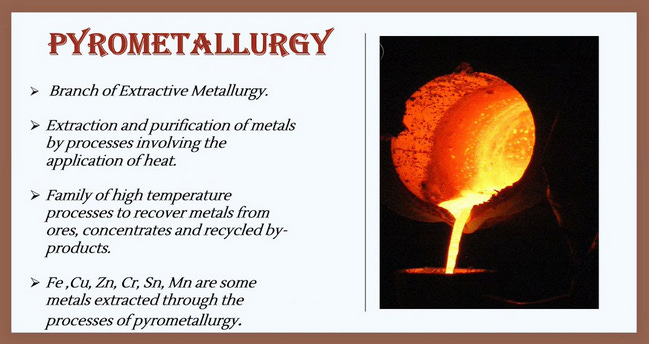Read John Lee Pettimore’s description of recycling EV batteries and tell me again how this will make the planet less warm than it’s expected to be in a century’s time? And tell me, too, how anyone in a century’s time will know to say, “Ah! Had it not been for recycling those batteries back in 2023, we’d be this much hotter… thank goodness altruism won the day back then!”
“Not just a miner,” Pettimore focuses here on the processes of recycling spent batteries from Electric Vehicles.
Green Advocates toss around “recycling” as if it’s unquestionably great for the environment without any consideration of the downsides of the process. In reality, a lot of energy input yields not much beneficial output.
This helps the polar bears… how???
By: John Lee Pettimore
How are EV batteries recycled? Two ways, pyrometallurgy and hydrometallurgy.
The more common is pyrometallurgy, in which recyclers first mechanically shred the cell and then burn it, leaving a charred mass of plastic, metals, and glues.
At that point, they can use several methods to extract the metals, including further burning. “Pyromet is essentially treating the battery as if it were an ore” straight from a mine.
Hydrometallurgy, in contrast, involves dunking battery materials in pools of acid producing a metal-laden soup. Sometimes the two methods are combined.
Hydrometallurgy can extract materials not easily obtained through burning, but it can involve chemicals that pose health risks. And recovering the desired elements from the chemical soup can be difficult.
Both processes produce extensive waste and emit greenhouse gases.
Another challenge is efficiently cracking open EV batteries.
Nissan’s rectangular Leaf battery module can take 2 hours to dismantle.
Tesla’s cells are unique not only for their cylindrical shape, but also for the almost indestructible polyurethane cement that holds them together.
Many issues remain even after you get inside the cell, that’s because more glues are used to hold the anodes, cathodes, and other components in place.
One solvent that recyclers use to dissolve cathode binders is so toxic that the European Union has introduced restrictions on its use, and the U.S. Environmental Protection Agency determined that it poses an “unreasonable risk” to workers.
People often throw out the word "recycle" like somehow this comes at no cost to the environment, when in fact it takes a great deal of energy produced by fossil fuels, and toxic chemicals that must be disposed of.
Sound "Green"?
Pettimore Pulls Back the Curtain on Battery Power, It's Nothing Pretty
“Not just a miner” Canadian John Lee Pettimore focuses his skill, research, and experience on revealing the inner workings of mining and producing “green” power systems.
Pettimore Exposes Solar Panels As Environmental Disasters
Imagine yourself believing that the only way to insulate civilization from the ravages of extreme weather is to rely on weather energy. BF Randall As if weather is both culprit and solution. The brilliant Canadian, John Lee Pettimore, “not just a miner,” has unleashed his skills on the “Recycle Solar Panels” narrative. We’ll be linking other work by Pettimore below.
Robert Bryce Addresses the Battery Production Problems Associated with Solar/Wind/Battery Energy Systems
Energy writer and thinker Robert Bryce has had trouble this morning distributing his most recent Substack post, as Twitter is perhaps blocking him. In an effort to offer support and to spread the contents of his work more widely, I am reproducing Mr. Bryce’s post entirely.






